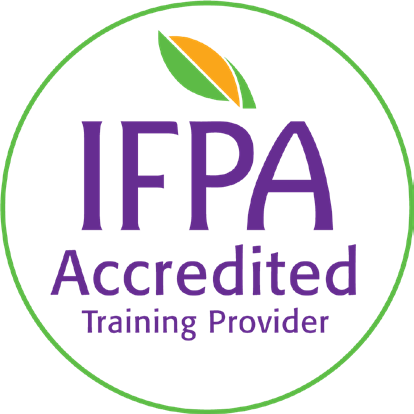Course Content
Studies commence at 9.00 a.m. and finish at 5.30 p.m.
In Muscle-Energy Techniques, the client actively uses muscles from a controlled position in a specific direction against a distinct counterforce.
Soft tissue (muscle, tendon and ligament) work includes stretching and various forms of massage to help reduce muscle-spasm, fluid accumulation and scar-tissue formed as a result of injury or degenerative condition. Although muscular relaxation achieved with manipulation techniques is primarily short-term, long-term effects can occur. Soft tissue techniques are typically direct techniques that treat myofascial structures and related neural and vascular components.
A range of movements is used, from stroking (with or without oils) to compression and passive stretching. The more superficial tissues, like muscles and fascia, are commonly treated; however equally important are tendons, ligaments and even viscera.
Neuromuscular technique is a soft tissue technique that can be used as a diagnostic and a treatment tool. It has many applications and is especially useful when dealing with nodules and spasms of superficial and deep muscles. These conditions, as well as fibrotic tissue, develop more often as a result of structural problems rather than visceral organ dysfunction.
Topics addressed include:
- Muscular System - Review
- Limitations & Boundaries
- Cautions & Contra-indications
- Palpatory Assessment
- Soft Tissue Manipulation
- Muscle Energy Technique
- Neuro-muscular Techniques
- Scar Tissue & Treating Scars
- Stretching Exercises
- Therapeutic touch
- Main Muscles of the Body
Certificate of Qualification awarded to participating Therapists
Many Associations accept our courses for CPD including the IFPA (6 Category A Points).
 Accredited school
Accredited school

